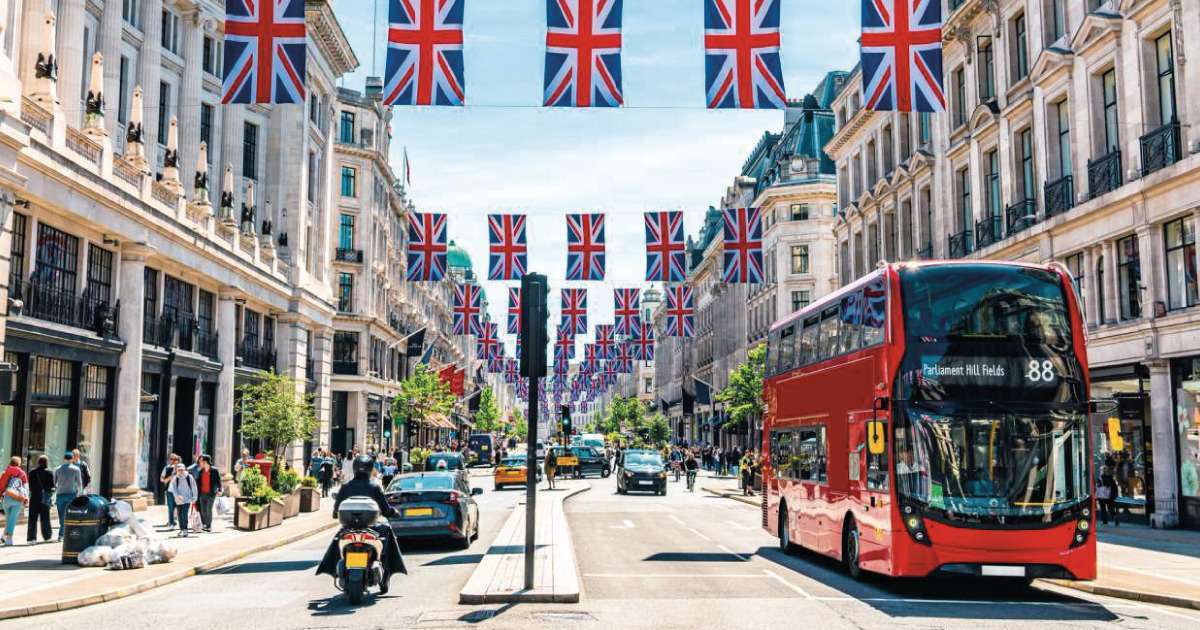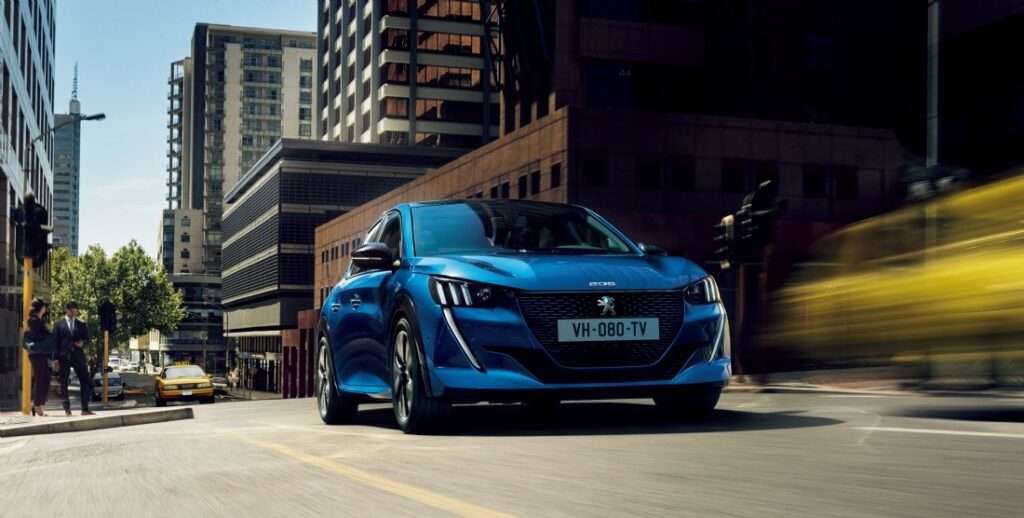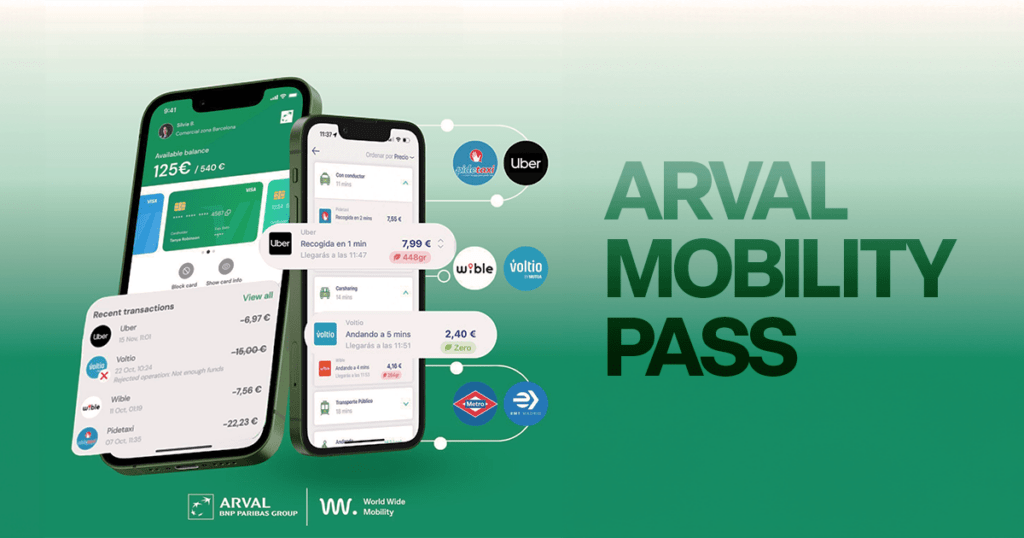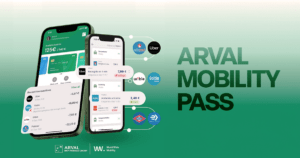Transport is undergoing a remarkable transformation as a result of technological advances and a growing need for more sustainable and accessible travel solutions. In response to these changes, the UK Department for Transport (DfT) yesterday announced a revolutionary initiative… A Code of Practice for Mobility as a Service (MaaS). This comprehensive framework makes possible a new era of transport, focused on convenience, accessibility and innovation. Find out how this initiative is paving the way for an interconnected, user-centric transport ecosystem…

Promoting inclusive and safe travel through MaaS apps
To ensure that modern mobility apps meet the needs of the public, the DfT Code of Practice encourages industry players to prioritise accessibility and personal safety. Indeed, the main objective is to make transport options accessible to all, including people with disabilities, while promoting a sense of safety for all users.
Prioritising accessibility and inclusion
The first part of the Code of Practice focuses on accessibility and inclusion in the design of MaaS platforms. By taking into account the needs of disabled people and creating solutions that meet their requirements, these platforms can make travel more equitable. For example, by offering wheelchair-accessible routes and/or step-free options. The code encourages app providers to think beyond convenience and embrace inclusivity.
Improving personal safety
Safety is paramount to any travel experience. And the Code of Best Practice takes particular account of this. What does it do? It encourages all technology providers to introduce features that enhance personal safety. For example, allowing users to choose well-lit routes. Or the ability to share their location in real time with trusted contacts… In this sense, MaaS platforms can concretely foster a sense of security for travelers. This emphasis on safety not only builds trust, but also encourages more people to adopt alternative transport options.
Discover the success story of Jakarta’s MaaS app
Shaping a sustainable and collaborative future with MaaS
As well as accessibility and safety, the code of practice covers a number of aspects that will contribute to the future of transport… A future that is not only user-centred, but also environmentally friendly and collaborative…
Choosing sustainable travel
Today, MaaS platforms have the potential to encourage greener travel choices. By highlighting the environmental impact of travel choices, MaaS platforms enable users to make decisions that help reduce their carbon footprint. For example, the DfT’s code of practice encourages application providers to highlight low-carbon journeys, such as cycling, walking or even electric scooters.
Sharing data for collective progress
Collaboration is a driving force behind the code of good practice. Application providers are encouraged to share their data under the Open Government licence. The aim is to foster an environment of transparency and collective progress. By sharing information and collaborating with other stakeholders, these platforms can contribute to the creation of a more complete and accurate transport network. This data-driven approach initially fuels innovation. Secondly, it ensures that users receive up-to-date and reliable travel information.
This MaaS Code of Practice represents a pivotal moment in the evolution of transport in the UK. With this initiative, the UK Department for Transport is not only meeting today’s challenges, but shaping tomorrow’s transport landscape. By embracing MaaS, the government is ensuring that it is on the path to a smarter, more efficient and more inclusive mobility future.






